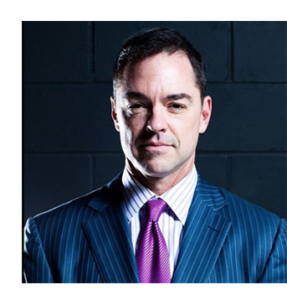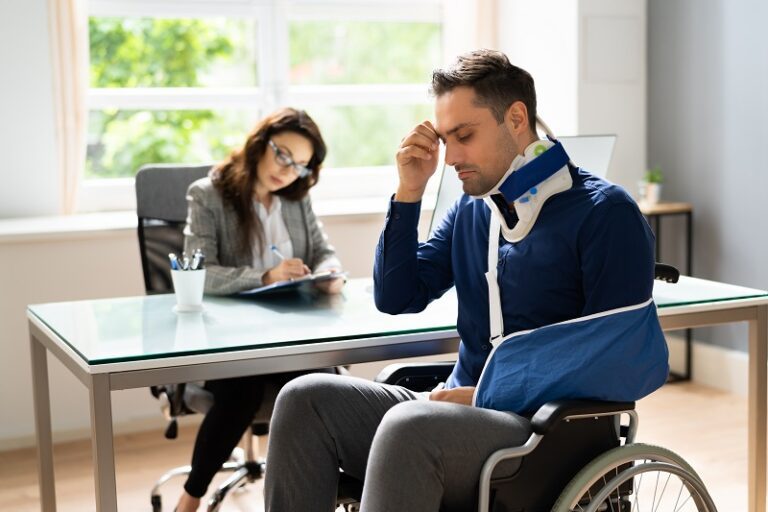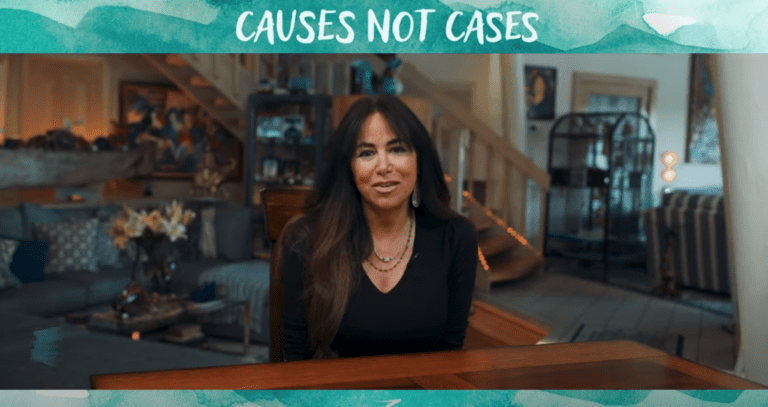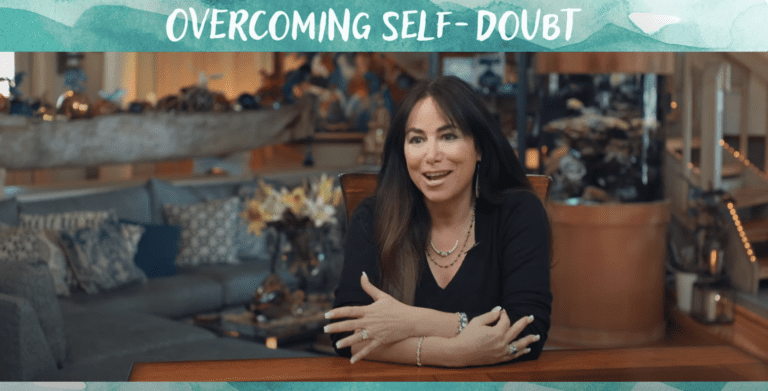The California Office of Traffic Safety reports that fatal motorcycle crashes decreased by more than 15 percent in the last year. Although this is good news, thousands of bikers continue to suffer non-fatal injuries each year. Traumatic brain injuries (TBIs) are among the most costly, dangerous, and lifechanging of all injuries that a motorcyclist can suffer.
In the most extreme cases, a motorcycle accident victim might go into a coma or permanent vegetative state (PVS) and require around-the-clock nursing care.
In this guide the motorcycle accident attorneys at Gomez Trial Attorneys provide some insight into the physical and financial impact of traumatic brain injuries on motorcycle accident victims, which many times extend to the victim’s family.
Long-term Impact of TBIs on Motorcycle Accident Victims
Motorcycle accident victims who suffer from brain injuries face temporary and permanent complications. The exact challenges hinge on the severity of the brain injury and the location of the injury in the brain. The Centers for Disease Control and Prevention (CDC), doctors, and other medical professionals place the effects of traumatic brain injuries in four main areas.
If you or someone close to you has suffered a brain injury in a motorcycle accident, you might recognize some of the following symptoms and challenges:
- Struggles with thinking. Some accident victims undergo challenges with thinking after suffering a brain injury in a motorcycle accident. They may experience difficulty with learning new things and remembering new ideas. TBI victims can also find it next to impossible to remember past events, even events that happened a short time ago. Logical reasoning also presents challenges for those who suffer brain injuries. In fact, some victims seem irrational and find it difficult to make any type of decision, regardless of importance.
- Sensory problems. After a brain injury, some victims have difficulty with one or more of their senses. Double vision and loss of vision can occur, as well as hearing loss and other auditory struggles, like ringing in the ears. Accident victims who have suffered a TBI can also feel numbness or continuous discomfort or pain. Other sensory issues include loss of taste or a metallic taste in the mouth.
- Language and communication difficulties. Speech and language struggles can also challenge those who suffer a TBI in a motorcycle accident. Some victims cannot speak because they cannot recall vocabulary, or they lose the motor skills necessary to talk. Others lose the ability to read and write. Depending on the severity of the injury, victims can lose all memory of everything learned that is related to language and communication. Comprehension of speech and new ideas can also pose difficulties for brain injury victims. Victims and loved ones can also struggle because a brain injury can damage a victim’s ability to express themselves to doctors and their family members.
- Emotional and behavioral issues. Brain injury victims can struggle with a wide array of emotional and behavioral issues, including anxiety, depression, and other mental health struggles. Some victims experience a complete change in personality due to chemical changes caused by brain damage. Increased aggression is common among brain injury victims, even with those they love. Another common behavioral issue, which can damage personal relationships, is the inability of brain injury victims to act appropriately in social situations. This typically has to do with damage to the area of the brain that regulates impulse control.
The Financial Impact After Suffering a Brain Injury in a Motorcycle Accident
Traumatic brain injuries are among the most expensive of all injuries a motorcycle accident victim can experience. They come with enormous, wide-ranging expenses and personal losses that begin immediately after the injury and can continue for life. The economic loss adds layers of emotional stress to the victim’s entire family and can have unfortunate consequences such as bankruptcy, foreclosure, large amounts of credit card debt, and vehicle repossession.
Examples of the economic costs that victims and their families must bear after suffering a brain injury in a motorcycle accident include:
- Medical treatment. Costs for treating a traumatic brain injury begin with the ambulance ride to the hospital and include the emergency room visit, hospital stay, diagnostic imaging, surgery, medication, follow-up visits, and travel expenses to and from the doctor. Some of these expenses continue to accrue when a TBI victim doesn’t fully recover.
- Rehabilitation. Many TBI victims need to spend time with physical therapists and occupational therapists to help them regain lost functions, rebuild muscles, and learn to cope with any permanent losses. Speech therapists and behavioral therapists may also play parts in a victim’s rehabilitation program.
- Long-term nursing care. In the most severe TBI cases, victims need full-time care for weeks, months, or the remainder of their lives. Long-term care facilities are notoriously expensive and often only special insurance plans cover them.
- Lost wages. Severe brain injuries can not only keep a person away from work for weeks or months, but some victims can never return to their jobs. Current and future lost income is one of the most financially disastrous aspects that TBI victims and their families must face. Even though victims can typically collect disability payments, they cannot replace the full amount of income they made before the injury.
- Home modification. If a traumatic brain injury victim returns home to live, his or her family sometimes needs to modify the home to make it more accessible. This can include installing safety features, extra locks, alarms, wheelchair ramps, grab rails, and more. Together, these items can cost thousands of dollars in materials and labor.
Motorcycle Helmet Use in San Diego
The California Office of Traffic Safety reports that 30 motorcyclists died in California in one recent year because they didn’t wear helmets. This represents a 15 percent decrease from the previous year, suggesting that bikers are taking safety seriously and wearing their helmets. The low number of fatalities is most likely the result of motorcycle helmet use in San Diego and throughout California.
Along with about 20 other states, California has a universal helmet law, requiring all bikers and their riders to wear quality tested and approved U.S. Department of Transportation (DOT) compliant helmets.
Some states relax these laws for scooters, mopeds, and other small bikes. California is not one of them. Those who ride motorized bicycles, scooters, or similar vehicles must follow the same helmet laws in San Diego and throughout the state.
Can Wearing a Helmet Actually Save Your Life?
Yes, it can. If you currently ride a motorcycle and don’t wear a helmet, you should wear one for your own safety. Scientific research about the efficacy of helmets overwhelmingly shows that wearing a motorcycle helmet will save your life. Bikers face a higher risk of accident and injury than other motorists, and motorcycle accidents are far more likely to result in severe or fatal injuries because bikers don’t have the same protection as those in passenger vehicles.
Helmets can protect you. While wearing a helmet does not guarantee you won’t sustain severe or fatal injuries it can mitigate the damage in an accident. Those who wear helmets are less likely to suffer a severe brain injury or die than those who do not. The National Highway Transportation Safety Administration (NHTSA) estimates that wearing a helmet will save a motorcyclist’s life about 37 percent of the time when a potentially deadly accident occurs.
Do I Have to Wear a Motorcycle Helmet in San Diego?
As mentioned above, all bikers must wear a helmet when riding a motorcycle in California to comply with the state’s universal helmet law. No one can physically make you wear a helmet, but if you choose not to do so as you cruise around in San Diego on your motorcycle, you face penalties if law enforcement stops you.
California law gives law enforcement discretion as to whether you get a traffic ticket and the amount of fine you must pay. Citations can range up to $250. Bikers who speed, drive under the influence, let passengers ride without helmets, or break some other law face higher fines or even impoundment of their motorcycles.
California’s universal law differs from states with partial laws. Partial helmet laws apply to specific groups of people such as new riders, minors, or those who don’t have dedicated motorcycle insurance coverage. A universal law means all riders and passengers must wear a helmet without exception. California’s helmet law specifically states that wearing a safety helmet means a person must securely strap on the helmet and fit it correctly without too much movement.
Research carried out by the NHTSA and other agencies who study helmet use have found that universal helmet laws increase helmet use and reduce accidents, injuries, and deaths. According to the NHTSA, California and other states with universal helmet laws see about 90 percent of bikers wearing helmets. In states without laws or that have partial helmet laws, fewer than 40 percent of bikers use helmets.
Motorcycle Helmet Requirements in California
The United States Department of Transportation (DOT) creates the guidelines and safety standards for those who manufacture and sell motorcycle helmets. Manufacturers must test their helmets and evaluate them in multiple areas to meet DOT standards.
The major areas helmet companies must evaluate include:
- Impact. Does the helmet protect the head against collisions with large items and to what extent?
- Stability. Will the helmet remain in a stable position on the head during critical times?
- System strength. Will the chin straps hold the helmet in place during an accident?
- Areas of protection. What parts of the head does the helmet protect during a collision?

Once helmets are certified to meet the minimum standards set forth by the DOT, they receive a certification sticker. If you buy a motorcycle helmet in San Diego, you should know that the DOT has the lowest standards for helmets.
The strictest helmet standards come from an independent non-profit helmet testing company. Snell Memorial Foundation has tested helmets for more than 50 years, and its standards exceed DOT regulations. Snell provides its own certification, which you can find when you buy a Snell-approved helmet.
Check the following items to make sure your helmet will protect you:
- Size. You need a helmet that fits you comfortably on all parts of your head. In some cases, this means you have to buy a bigger helmet and use extra padding to ensure comfort.
- Strap. Your chin strap should hold the helmet in place on your head. The strip should snugly fit around your ear and under your chin.
- Fit. Wear your helmet low on your forehead so it sits just above your eyebrows. A helmet that doesn’t fit right or sit on your head where it should will not protect you as well as it should.
- Sticker. Search for DOT stickers, Snell stickers, and other markings that show the helmet manufacturer met the minimum safety standards.
Sometimes helmets have defects in their design or manufacturing defects that nobody notices until a helmet fails. You need to check for recalls and regularly replace your helmet—in fact, Snell suggests bikers get a new helmet at least once every five years. If you were in a motorcycle accident in San Diego and think your helmet failed, you should let your attorney know. In some cases, you can file a product liability lawsuit against the helmet manufacturer, distributor, or retail seller.







